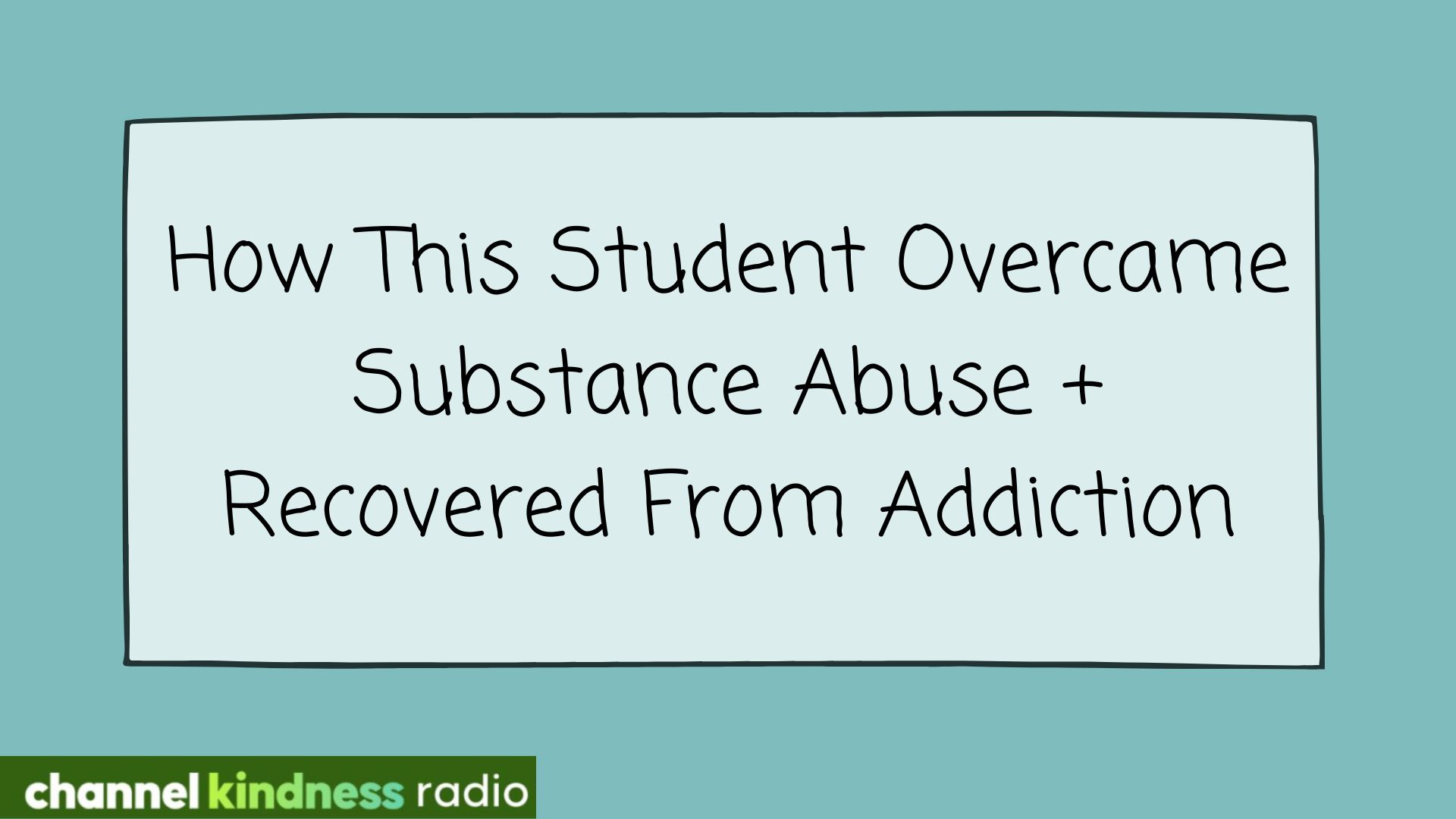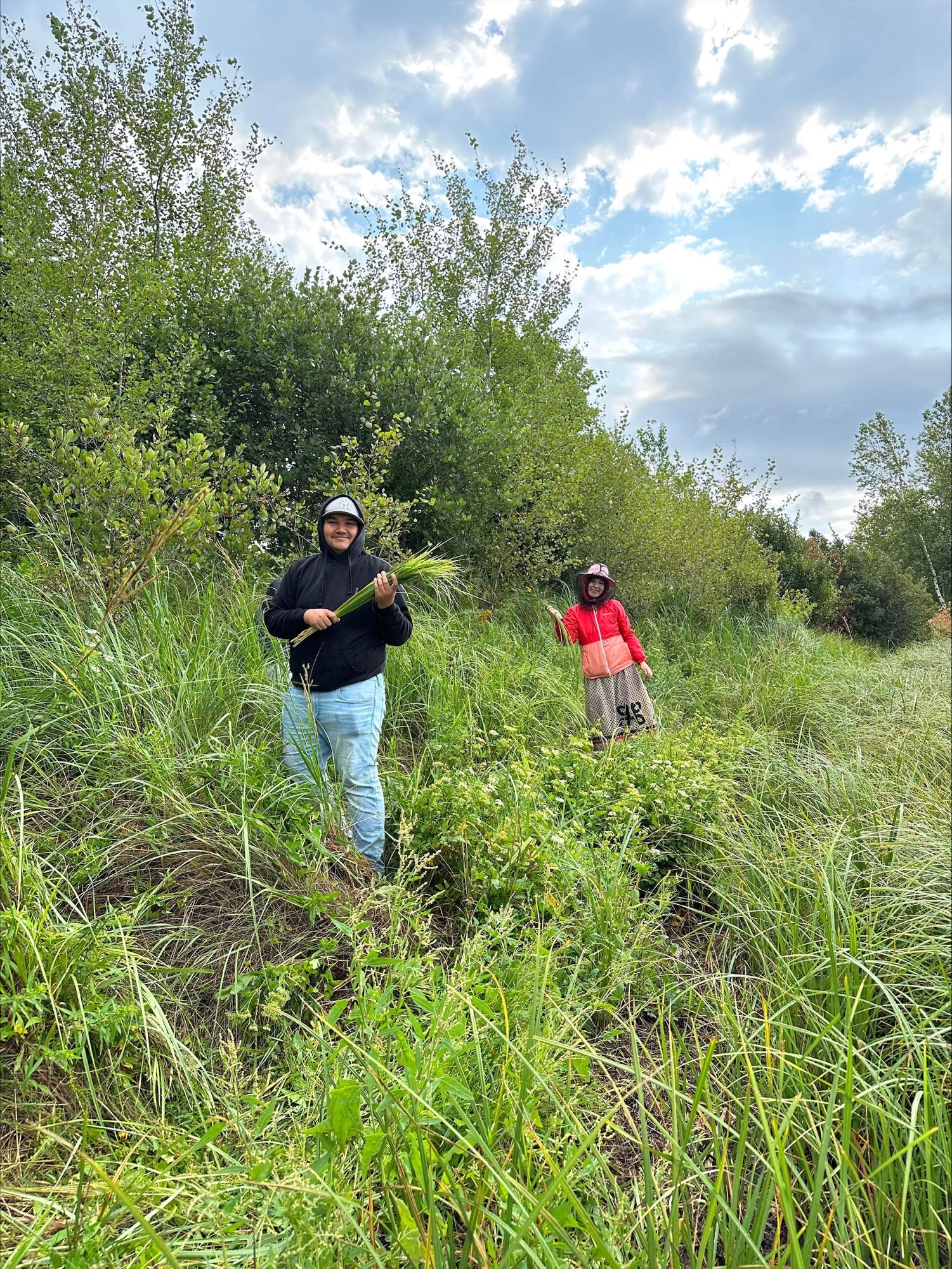Brian H. Smith, PhD is an expert in youth development and has served as a member of Born This Way Foundation’s Research Advisory Board and as a Senior Research Scientist at the Committee for Children.
Empathy and Kindness
Is empathy the key to more kindness? I’m a member of Born This Way Foundation’s Research Advisory Board and part of my work is understanding what science says about how to increase kindness. The bottom line? Empathy matters, but it is not the answer by itself. Sometimes empathy promotes kindness, sometimes it doesn’t, and too often empathy simply breaks down and fails to make a difference.
Kindness doesn’t require overcoming our natural instincts to be selfish and mean- kindness is an essential part of human nature. And empathy can help us be kind by tuning us in to other people, what they’re experiencing and what they need.
Take bullying. It’s tempting think more empathy is the solution to bullying, but it’s not that simple. It seems strange, but what science shows is that having more empathy doesn’t necessarily make people less likely to bully others or more likely to step in when bullying happens. Why not?
First, let’s unpack empathy. Basically, empathy means knowing how someone else feels. There’s two ways that takes place. Let’s say you see someone crying right after someone’s been mean to them. Just seeing them can make you feel sad too – and your sadness tells you that’s how they’re feeling. That’s Affective empathy. But you can also see them crying, see what happened and understand how they’re feeling without feeling the same way yourself. That’s ‘Perspective Taking’ or Cognitive empathy.
There actually is some difference between how affective empathy and perspective taking impact bullying, though not a lot. Research says affective empathy helps reduce bullying, but only a little and not always. Perspective taking on the other hand? If anything, the evidence tends to go the other way.
Why would people who bully others be better at understanding people? It’s because most people bully because they get something out of it. Sure, some people just enjoy being mean. But more often the goal of bullying is to look cool and gain social power and popularity. Which may be why bullying is most common in middle school, just as kids enter adolescence and their lives become hyper-focused on peers.
The sad reality is that too often bullying works by boosting people’s social status even if bullying doesn’t automatically get you more popularity. You actually need the social insight to pick the right victim (someone without powerful friends, someone other people don’t feel too sympathetic for etc.), and you need to bully in a way so people think you’re cool rather than a jerk.
So it’s a mixed bag – good perspective taking skills can help you understand someone else’s pain, but people also need it to get what they want through bullying.
Let’s dig a little deeper into the science around kindness and empathy. Here’s a basic question: are people naturally good or bad, kind or mean? For a long time, the most common view in our culture was that people are basically selfish and to be caring and kind they needed to somehow overcome their natural instincts.
But Darwin actually said that sympathy was our strongest instinct, not self-interest, and new science proves he was right. Research across neuroscience, evolutionary psychology and other fields has shown that kindness and compassion are what really come naturally to people.
Why have humans successfully outcompeted every other species? Because we’re good at making weapons? No! It’s because we are the most socially sophisticated species. Our massive brains evolved to help us get along and live successfully in complicated social groups, not for waging war. Prosocial behavior, caring and even empathy are some of the most natural parts of being human, starting from when we’re babies.
Ok, so if people are naturally prone to being caring and kind, why doesn’t empathy always work? Why is there so much meanness and cruelty? Part of the answer is that there can be a lot of barriers that get in the way of people feeling empathy, and understanding how others feel is sometimes just not enough to get people to be kind.
In my next post I’m going to break down the most common causes of empathic failure and look at what can be done to solve them. I’m also going to talk about how to not only boost kindness through supporting empathy but focus on the importance of directly promoting kindness and compassion- something done so beautifully by Lady Gaga and Born This Way Foundation.














